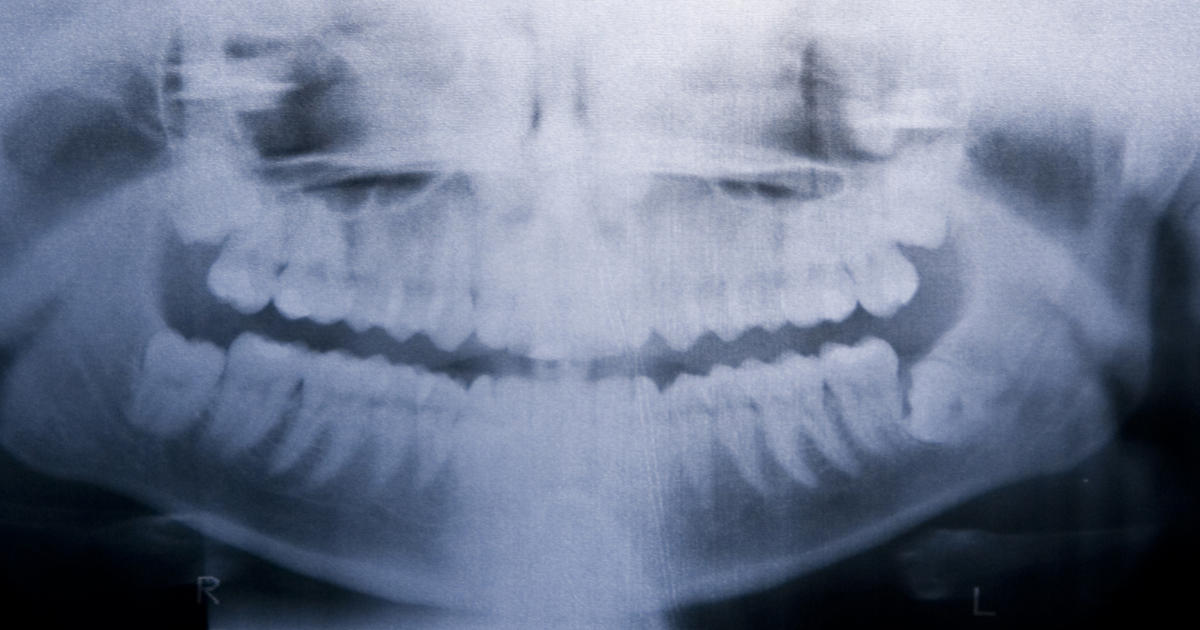Most people have two sets of wisdom teeth, two on the top and two on the bottom. These are the last of our teeth to emerge. For most people, when these teeth come in or erupt during our late teens and early 20s, there are no problems. However, with some wisdom teeth, there is not enough room in the mouth when they emerge, and this can cause serious dental problems. When this happens, the person has impacted wisdom teeth, which means that they are stuck below the gum line. To prevent pain and dental issues, the impacted wisdom teeth must be removed by an experienced oral surgeon.
Signs of Impacted Wisdom Teeth
There are certain signs to look for in young adults to determine if a trip to an oral surgeon should confirm whether a wisdom tooth is impacted and needs to be extracted. Here are the most common symptoms:
- Swollen gums that are tender to the touch
- Bleeding gums
- Pain in the jaw area
- Inflammation of the jaw area
- Halitosis or bad breath
- Pain and stiffness when opening the mouth
- Pain and stiffness of the jaw when chewing
- Bad taste in the mouth
- Persistent sinus issues
Causes of Impacted Wisdom Teeth
As mentioned, wisdom teeth erupt during our late teens and early twenties, usually by no later than 25 years old. Some people can have these teeth come in and live with them their whole lives and suffer no problems or no symptoms. But in many young adults, the wisdom teeth become impacted. Here are some of the causes of impacted wisdom teeth:
- Erupting or growing in at an angle, into the adjacent tooth
- Erupting or growing at an angle away from the adjacent tooth and toward the back of the mouth
- Erupting at an extreme right angle
- Wisdom teeth that are straight but become trapped within the jawbone and do not erupt
When to See an Oral Surgeon
It is ideal to see a dentist on a regular basis for cleaning and examination, especially for children and young adults. During regular checkups, a dentist, using dental X-rays, can monitor the growth of wisdom teeth to determine if there will be any problems or if the wisdom teeth need to be extracted. In some cases of impacted wisdom teeth, there are no symptoms, so the only way to determine if there might be a problem is from regular and periodic examination. However, if the patient is suffering from any combination of the above symptoms, a trip to an oral surgeon is in order. The sooner the problem is identified, the sooner it can be fixed and the uncomfortable pain, swelling, and difficulty chewing can end.
Wisdom Teeth Extraction Procedure
The wisdom teeth extraction procedure is usually performed by an oral surgeon. After the patient is sedated, actual surgery is necessary to extract the teeth. The length of the procedure will vary, depending on the number of impacted wisdom teeth and the severity of the case. Because the patient will be sedated, there will need to be another person present to transport the patient home.
The patient will need to spend the rest of the day resting. The oral surgeon’s staff will provide instructions regarding proper postoperative care. This is important to optimize the healing process and to reduce complications.
South Jersey Oral Surgeons at Lanzi Burke Oral & Maxillofacial Surgeons can Help with Your Impacted Wisdom Teeth
If you have impacted wisdom teeth, the South Jersey oral surgeons at Lanzi Burke Oral & Maxillofacial Surgeons are available to help. Our surgeons and staff are here to answer all your questions and assist you through this procedure. Call us today at 856-582-4222 or contact us online to make an appointment or schedule a consultation. With offices in Washington Township, Haddonfield, and Woolwich Township, New Jersey, we are dedicated to helping patients throughout South Jersey.


